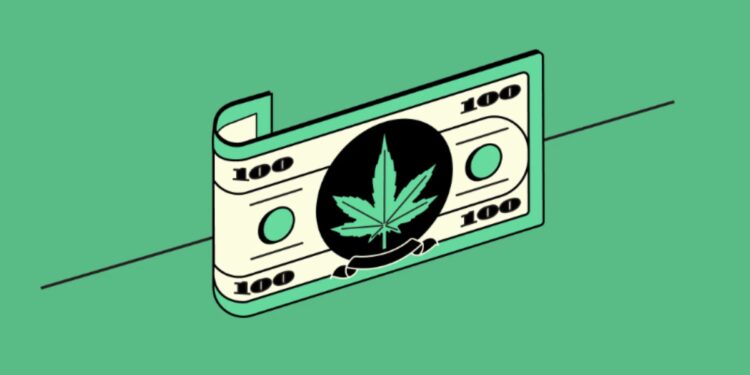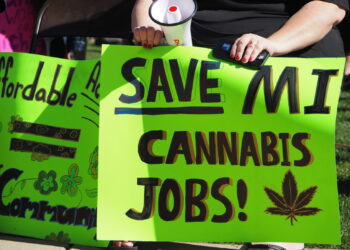The stigma around marijuana has been progressively easing for the past ten years, ever since states began legalizing its recreational use. Due to this, the industry has ballooned across the country. However, businesses have found it frustratingly difficult to advertise their products due to a very sticky federal ban. Fearful of repercussions, social media companies like Meta and TikTok have not allowed any advertising on their platforms, even in states where the consumption of marijuana is legal.
There are signs that the ban is only getting worse. Just last week, it seems Reddit has banned any link to a prominent marijuana news source, Marijuana Moment. This is going a step further, considering they aren’t selling products, just reporting on the industry. Also, Indiana Governor Mike Braun signed a law in May that banned all advertising of marijuana, no matter where it happens.
Last month, a little under 100 organizations sent a letter to Meta disproving of its practice of shadowbanning accounts that report on politics and news surrounding marijuana. “Accounts committed to public education, legal and policy advocacy, research dissemination, and harm reduction services—including those of licensed healthcare professionals, nonprofits, and legal businesses—have been routinely shadow-banned, deplatformed, or had their posts removed with little explanation or recourse, despite operating in full compliance with local laws,” reads the letter.
Social media companies like Meta hide behind the stance that they are staying out of a thorny issue, but the act of staying out of disseminating education is not a neutral stance, as the letter puts it. “Censorship of science, public health, legal, and public policy discourse is not an act of neutrality; it causes harm.”
There are small signs of change. Meta had announced earlier this year that they would stop moderating politically hot topics, and last month it became possible to search “marijuana” and “cannabis” on facebook. Small steps, but we’ll take it.
Hopefully other companies follow suit and allow a more open platform for marijuana to prosper. Advertising to underage teens is certainly a problem to be considered, but if the alcohol industry can do it, so can cannabis.













